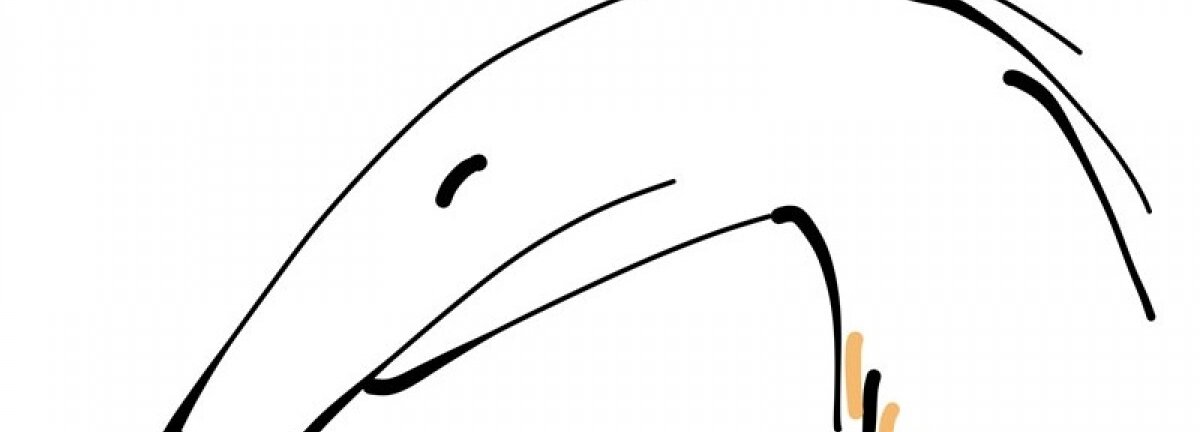Breaking the curse of knowledge

The second round of Never Mind the Buzzcocks (the BBC2 pop quiz) is the Intros Round.
Two team mates act out a song a cappella for the other one to guess. In their minds, it’s a rich tapestry of melodies and riffs. In reality, it’s a mash-up of taps and grunts, which grow in frustration as the observer struggles.
When faced with a problem, better informed people find it incredibly hard to understand why others just don’t get it. They are 'cursed' by the knowledge and struggle to share it in a meaningful way.
It’s the same story in Pictionary. The person drawing presents an image worthy of Picasso, while those guessing are, well, left guessing. We’ve all been there, furiously tap-tap-tapping the board – “it’s an Aardvark!”
These are both examples of the curse of knowledge.
When faced with a problem, better informed people find it incredibly hard to understand why others just don’t get it. They are “cursed” by the knowledge and struggle to share it in a meaningful way. Communication breaks down and the problem persists.
The more expert someone is, the greater the curse. Often the smartest academics are the worst teachers and the best designers are the guiltiest of using jargon. The fault lies with the communicator, not the person who fails to understand.
As disciplines converge, connecting ideas in new ways is a fundamental part of innovation. This requires people with deep domain knowledge to look at the same problem from a different perspective and collaborate across disciplines.
The curse of knowledge must be broken.
So this month we launched the Behavioural Design Lab website: behaviouraldesignlab.org.
The biggest issues in society are rooted in human behaviour so we believe the solutions must lie across disciplines with people at the heart – behavioural science and design. By crossing the divide between research and practice, our aim is to help organisations transform a better understanding of behaviour into innovative solutions that improve society.
The site will keep you up to date with concrete examples of how behavioural science and design are being used to great effect – either through our own projects or sharing what works from the community. There is already a significant digital library of articles, books, journal papers, reports and videos.
We welcome your input and as the site continues to grow, we hope it will become a community resource.
Subscribe to our newsletter
Want to keep up with the latest from the Design Council?
